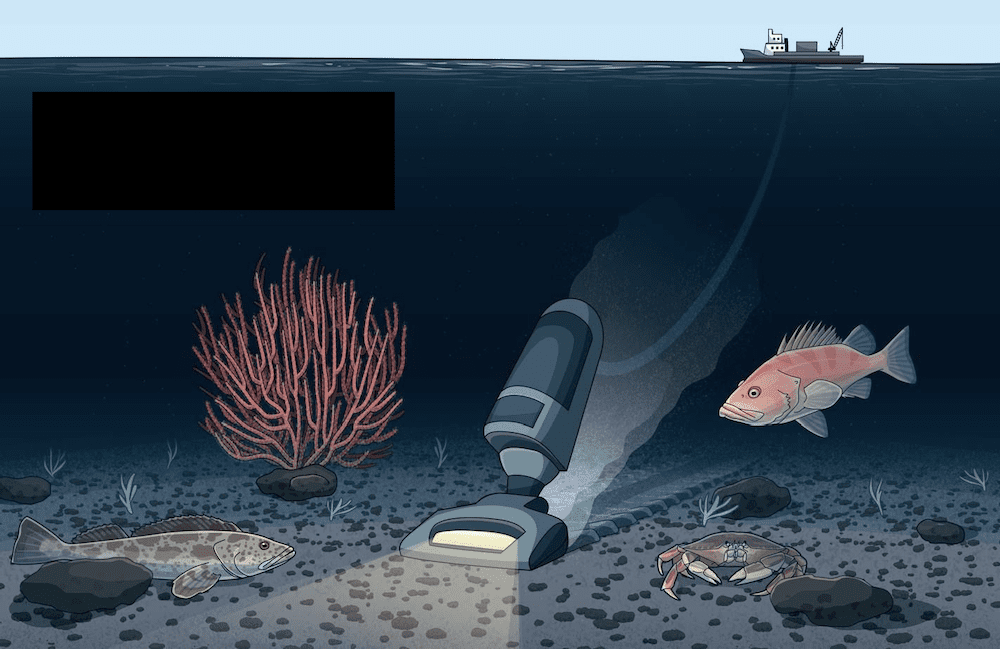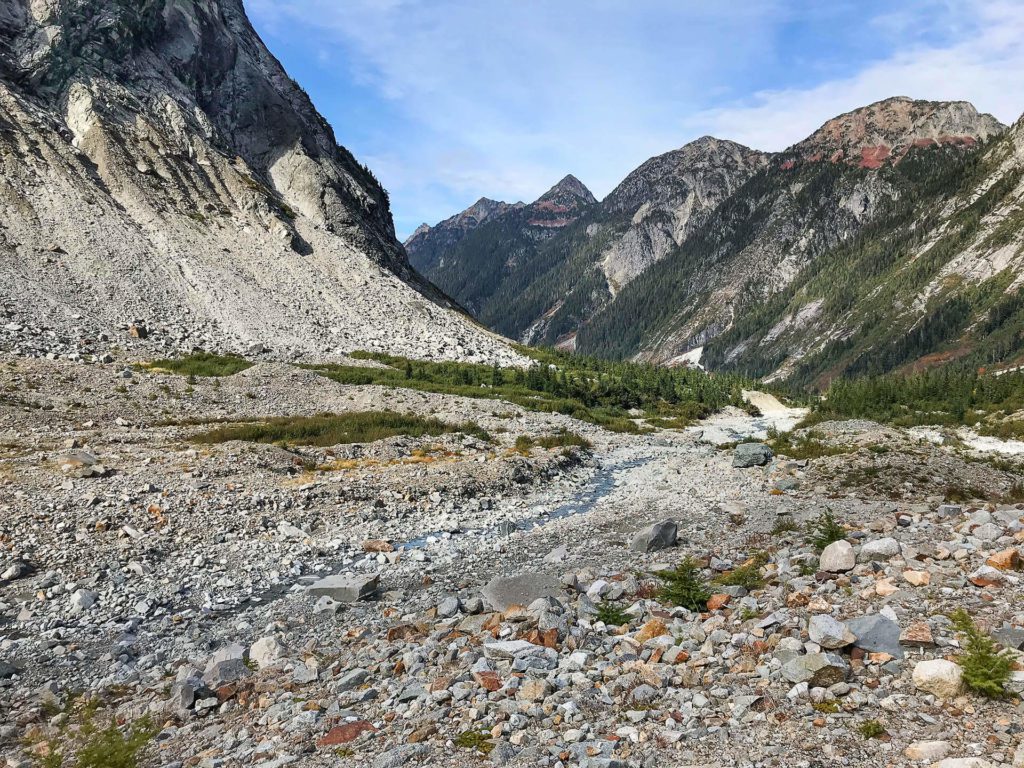The word “lobbying” carries a lot of baggage. Polluting industries and special interests have bred a lot of cynicism around what it means to lobby lawmakers, and worked to weaken laws protecting our most valuable shared resource: Water.
But really, lobbying is simply meeting with elected officials to have your voice heard. That’s why we think it’s time lobbying is put back into the hands of the people. We’re calling on our community to join us for Clean & Abundant Water Lobby Week from March 1st to 5th, where we’ll help make it easier to talk to your elected officials about four key bills that could become law this year. These laws would limit plastic pollution, end harmful seabed mining, and protect water rights as climate change strains precious waterways.
We’ll hold a training session the week before so you have the tools and confidence to lobby. We encourage anyone to join, whether it’s your first time talking to lawmakers or not! We’ll be right alongside you at every step of the way.
This week is organized by RE Sources and North Sound Baykeeper, Center for Environmental Law & Policy (CELP), Deschutes Estuary Restoration Team (DERT), Spokane Riverkeeper, Twin Harbors Waterkeeper, and Puget Soundkeeper.
What bills are we advocating for?
- Preventing incredibly damaging seabed mining (SB 5145), a practice where minerals are mechanically scraped from the seafloor. This bill prohibits leases for seabed mining of hard minerals off the Washington coast. Oregon banned the practice in the early 1990s and now is our time to join.
- Reducing Plastic Pollution and Improving Recycling (SSB 5022). Requires plastic beverage containers to contain a minimum of 15% post-consumer recycled plastic by weight by 2023, 25% by 2026, and 50% by 2031. Plastic utensils, straws, and lids are only provided on demand by food service businesses. The bill also incorporates a ban on Styrofoam packing peanuts, coolers and take-out clamshells for sale or distribution in Washington.
- Nooksack River adjudication funding (SB 5092 / HB 1094). Water rights in the Nooksack River watershed have been in disarray for decades. Knowing exactly who has rights to how much water is a vital baseline for making choices about this shared resource, which is determined via a process called “water rights adjudication.” Funding is needed to start the initial work before an adjudication can commence. Learn more about this issue. Learn more.
- Reusing grey water (HB 1184 / SB 5087). Directs the Department of Health to undertake rulemaking for risk-based water quality standards for treatment and reuse of non-potable alternative water sources.
What to expect: Brief training and short online meetings
We’ll hold one training at 12:00 p.m. on Friday, February 26th going over:
- The do’s and don’ts of lobbying
- An overview of each of the bills, and talking points to help you support them.
- Details and a Zoom link will be provided after you sign up.
Participants will attend at least one (or more depending on your legislative district) 15-minute lobbying meeting with a representative via Zoom. Each meeting will be staffed with at least one member from a host organization to help guide and facilitate while we advocate for these priority bills. More info on training and meetings will be sent when you sign up!
Click the tabs above for more information on each bill.



